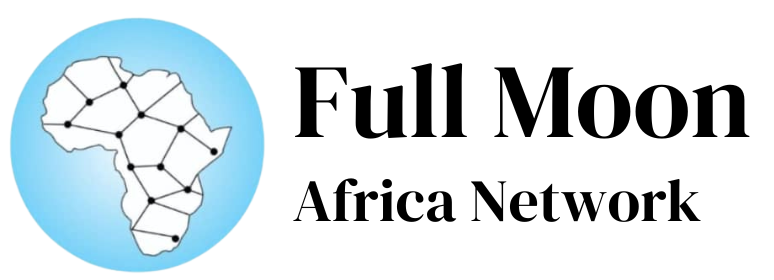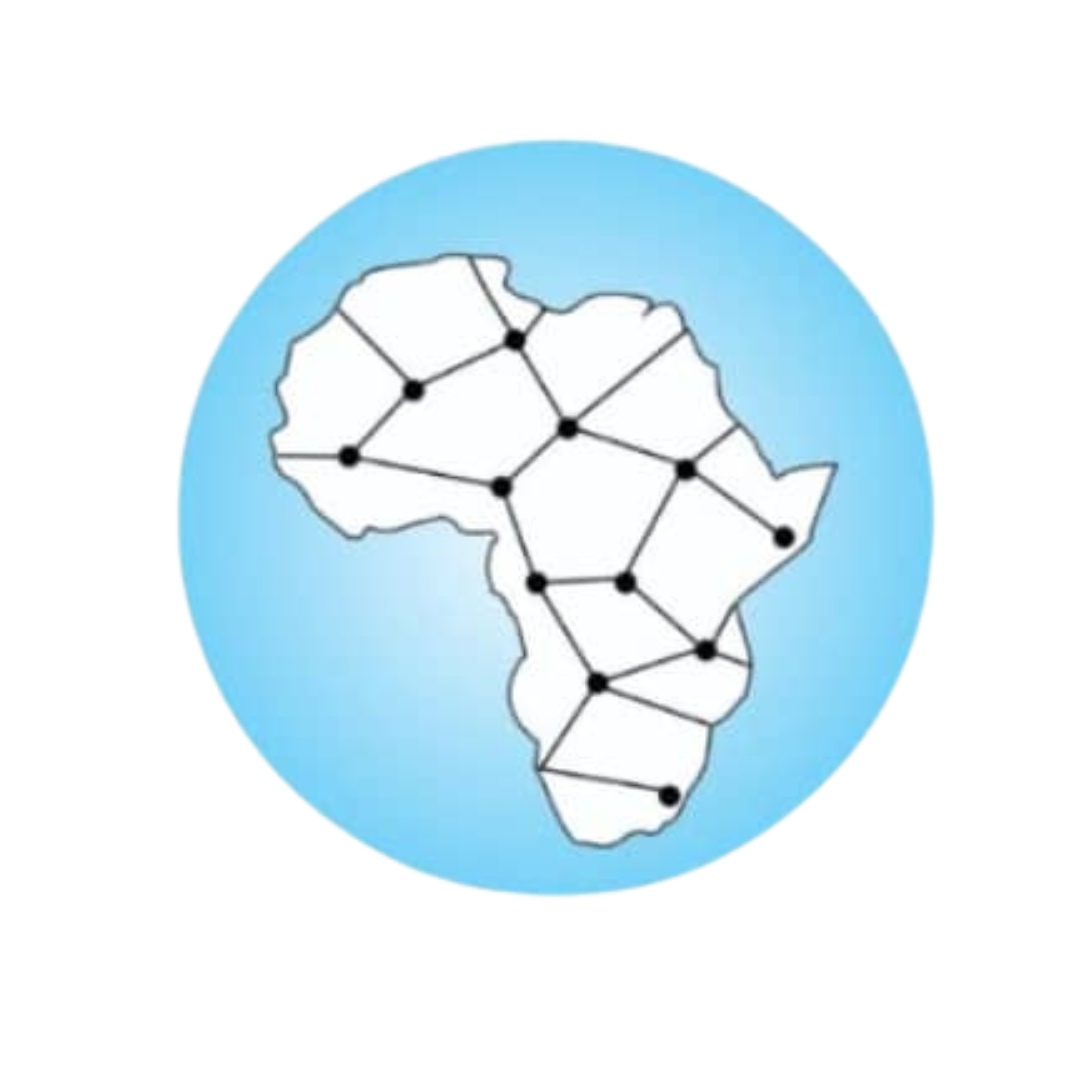South Africa is projected to momentarily surpass Nigeria and Egypt as the largest economy on the African continent in 2024, according to forecasts from the International Monetary Fund (IMF). This short-lived shift is detailed in the IMF’s latest World Economic Outlook, which predicts South Africa’s gross domestic product (GDP) will reach $401 billion in 2024 at current prices. In comparison, Nigeria’s GDP is forecast to hit $395 billion, while Egypt’s is expected to total $358 billion.
However, South Africa’s reign at the top is anticipated to be temporary. By 2025, Nigeria is projected to reclaim its position as Africa’s largest economy, and by 2026, Egypt is expected to overtake South Africa, pushing the latter into third place. This fluctuation underscores the challenges and opportunities shaping the economic landscapes of these three leading African economies.
Nigeria has consistently maintained its status as the continent’s largest economy since 2018, but recent economic struggles have dimmed its prospects. The decline in oil production, which has historically been the backbone of Nigeria’s economy, combined with soaring inflation and a significant devaluation of the naira, has eroded its economic dominance. Since assuming office in May 2023, President Bola Tinubu has introduced several bold policy measures to reverse these trends. These include overhauling the foreign exchange system, removing costly fuel subsidies, addressing dollar shortages, and implementing tax reforms aimed at boosting government revenue.
While these reforms are causing initial economic pain for Nigeria’s population, they are expected to yield significant long-term benefits. The IMF projects Nigeria’s GDP will grow by 3.1% in 2024, up from 2.9% in 2023. Speaking at the IMF’s annual meetings in Marrakech, Morocco, Daniel Leigh, division chief in the IMF’s research department, expressed optimism about Nigeria’s prospects. He stated that these reforms could pave the way for “stronger and more inclusive growth,” signaling a positive outlook for the country’s economic trajectory.
Egypt, which has also faced economic challenges, particularly currency devaluation, remains a formidable competitor in the race for economic leadership in Africa. The country has been implementing structural reforms aimed at stabilizing its economy and attracting foreign investment. Despite these efforts, Egypt’s GDP in dollar terms is expected to shrink temporarily before resuming growth, allowing it to overtake South Africa by 2026.
Yvonne Mhango, Bloomberg’s Africa economist, emphasized the role of currency devaluations in reshaping the continent’s economic rankings. “The IMF’s projections reflect where it believes meaningful reforms will take place,” she explained. “South Africa’s transient emergence as Africa’s largest economy in 2024 is primarily due to the shrinking of Nigeria and Egypt’s GDP in dollar terms following sharp currency devaluations. However, the long-term trajectory shows Nigeria and Egypt regaining their top spots, with Nigeria taking a decisive lead.”
Mhango added that for Nigeria to realize the IMF’s projected GDP expansion, several critical challenges must be addressed. These include restoring oil output to its full potential, tackling widespread insecurity, and resolving bottlenecks in the power sector. She noted that achieving these goals would be key to sustaining Nigeria’s economic growth and securing its position as Africa’s largest economy.
Meanwhile, South Africa’s brief ascendancy in 2024 highlights both its potential and its vulnerabilities. The country’s economy has been plagued by persistent challenges, including slow growth, high unemployment, and energy shortages. While its momentary rise to the top reflects the relative weakening of its competitors rather than its own strength, it serves as a reminder of the dynamic and interconnected nature of African economies.
In conclusion, the shifting rankings of Africa’s largest economies underscore the importance of sound policy measures, economic diversification, and structural reforms in driving sustainable growth. While South Africa’s brief stint as the continent’s largest economy may be fleeting, the ongoing reforms in Nigeria and Egypt suggest a promising future for both nations as they work to overcome current challenges and reclaim their economic dominance.





4 Comments
Riva Collins
It’s no secret that the digital industry is booming. From exciting startups to need ghor
global and brands, companies are reaching out.
Riva Collins
It’s no secret that the digital industry is booming. From exciting startups to need ghor
global and brands, companies are reaching out.
Obila Doe
It’s no secret that the digital industry is booming. From exciting startups to need ghor hmiu
global and brands, companies are reaching out.
Obila Doe
It’s no secret that the digital industry is booming. From exciting startups to need ghor hmiu
global and brands, companies are reaching out.